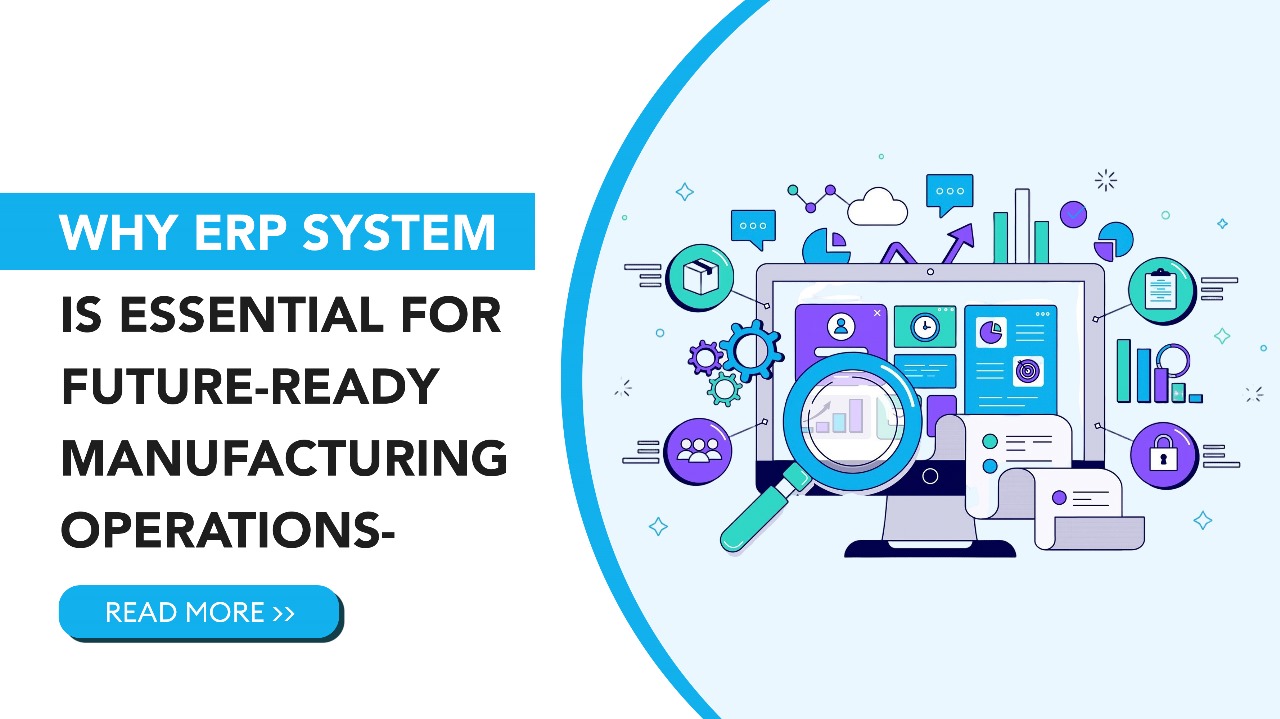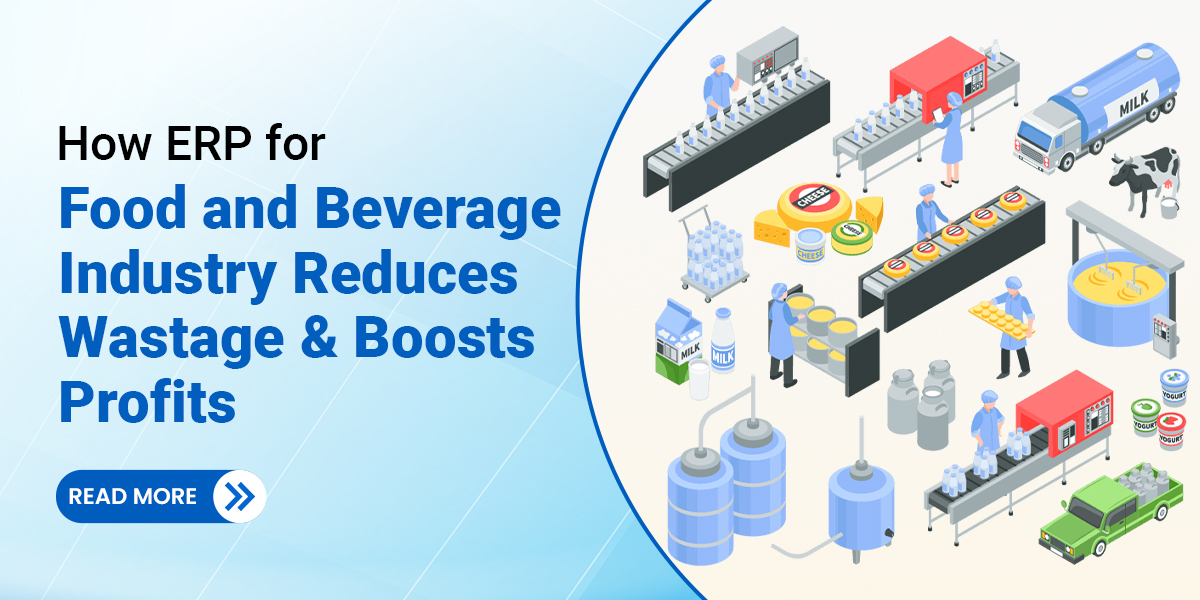The manufacturing sector has been expanding more quickly in recent years, primarily due to technical advancements, particularly in the area of automation. They are those that contain crucial elements of production processes, bearing the flow of material and information on the shop floor and linking them with tactics of production, inventory, and finance. With analysis capabilities and automation, ERP for manufacturing industry have been recasting the way manufacturers work and positioning them well for future market environments.
Streamlined Inventory Management
Effective inventory management uses real-time data on inventory levels and reorder points through ERP systems. This reduces the risk of overstocking or stock-outs, lowers storage costs, and ensures timely availability of materials for production. More effective inventory management will lead to increased productivity and cost reduction, both of which will enhance profits.
Enhanced Production Planning
ERP systems allow manufacturers to manage the planning of production schedules by offering a single-source solution of inventory stocks, production schedules, and expected delivery dates. Such visibility helps businesses to decide where to invest and how to avoid time wastage and inefficiency. Some common functions include backward scheduling and work orders, where the manufacturing operations maintain change readiness to meet market conditions. Consequently, manufacturers can increase their output, optimize performance, and reduce wastage of time.
Improved Financial Integration
In manufacturing, monetary income is directly related to output and inventory information. These attributes are coordinated within ERP systems that provide a coherent picture of an organization’s state of financial health. By enhancing the link between profitability and cash flow, businesses can better manage expenses and reduce unnecessary cash outflows. Tools like auto-billing and real-time financial analysis help manufacturers streamline financial operations and make informed decisions using accurate, up-to-date information.
Automation for Higher Efficiency
Systematic and routine jobs like data entry, invoicing, and inventory updates are time-consuming and require a lot of effort. ERP for manufacturing industry, therefore, handle these processes, leaving employees to work only on activities that have higher organizational value. This automation not only boosts operational productivity but also improves accuracy and reduces human error.
Preparing for the Future
The manufacturing industry is set to embrace more change and technology, and specifically automation is expected to have a more vibrant role to play in the operations. To understand the role of ERP systems, their implementation should be recognized not only as a means of current optimization but also as a prerequisite for the future. In many areas, manufacturers must be ready to meet new challenges and take new opportunities—that is why ERP systems facilitate and optimize the integration of various processes.
Global Infocloud’s ERP software offers essential features like agile production scheduling, supply chain management, and human resource management, helping organizations thrive in a volatile market.
Conclusion
ERP system adoption has therefore become mandatory for manufacturers aspiring to remain relevant and to prepare for the future. Thus, they help optimize inventory management, advance production planning, and improve the overall level of financial integration necessary for creating the necessary conditions for being profitable and effective. State-of-the-art tools such as GIC’s ERP system mean that it is now possible to create integrated processes that take manufacturing to the next level. Do not let circumstances delay the establishment of your manufacturing business. It is time to adopt ERP and prepare for success in future evolutions.




